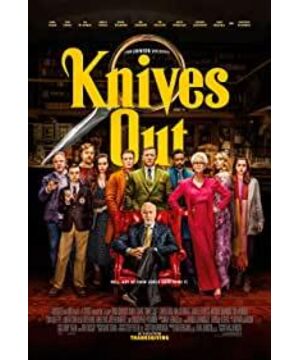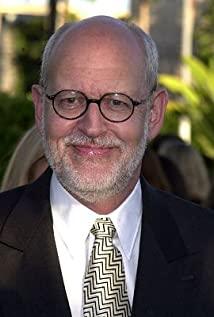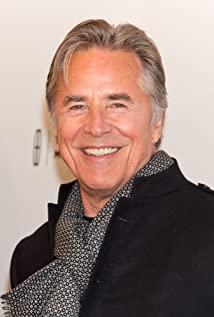The film lineup is strong, entertaining and viewing is strong, giving a high score of 8 is undoubtedly. But the plot of the case cannot withstand scrutiny, and is slightly better than Agatha's work.
The whole case was caused by Harlan. From Harlan's point of view, assuming Harlan knew that there was no morphine poisoning and would not die because of morphine overdose, it would be unwise and irresponsible for the testamentary heir to choose to commit suicide that night. If Harlan intends to commit suicide, he can choose to implement it in a situation that is more appropriate at a chance and does not involve Marta at all. Even if his family deliberately involved Marta afterwards, he could still minimize the harm to Marta as planned. So it can be judged that Harlan is completely ignorant of whether he is morphine poisoned.
There is only one situation left. Harlan is convinced that he has been poisoned by morphine, and in a hurry, he chooses to believe that Marta is innocent about this matter, and at the same time comes up with an idea to help Marta escape responsibility. You know, the idea that a person comes up in a few minutes, without repeated scrutiny, rehearsal, and stepping on the premise, will inevitably be suspicious. It is basically impossible to be foolproof. In addition, the perpetrator is a suspect with poor mental quality and major liar defects.
Why is the success rate of Harlan's idea basically zero?
The most favorable evidence is the inspection report. Having analyzed it before, Harlan believes that he is sure of morphine poisoning. Under the premise that the medicine is not dropped, the inspection report will point out this (it will not happen in practice). Marta will be considered the first suspect, even if she inherits everything, she will not be able to obtain and use these wealth and interpersonal resources until she is convicted. Coupled with the strength of the Harlan family members, it is basically a long process for Marta to defend her manslaughter. This is the state of development on the premise that neither Harlan nor Marta knew that the medicine was dropped, and if the case was not disrupted by Ransom.
And the fact that Ransom exists adds a lot of complexity to this story. In the end, an artificial or non-artificial coincidence of the right time, the place and the people was formed, and the protagonist's kind character shined brightly and won the final victory. But the victory seemed so absurd, pale and inexplicable.
Detective Benoit assumes that Marta is the only party who will not benefit from it without knowing who the heir is. In the conversation between the last two, Benoit stated that he knew Marta was involved in the case when he first saw the blood on her shoes when he saw Marta. Marta was the last person to be alone with the client, and when Benoit himself didn't know who hired him, he chose Marta as his Watson? All the doubts Benoit explained in one sentence, I think she is a kind person. excuse me? Did the director tell you?
In this way, it is inexplicable that Marta destroyed all the evidence she had left one by one during the process of becoming Watson. The indestructible testimony that the old grandmother only recognizes her great-grandson, the kind-hearted protagonist has accumulated thousands of years of character and broke out. Now, the protagonist shines in every link and the level is cleared smoothly.
Actually, after suspecting a murder, the detective asked everyone present the most classic question: "Did you murder Harlan?" When it was Marta's turn, she vomited. THE END.
View more about Knives Out reviews











